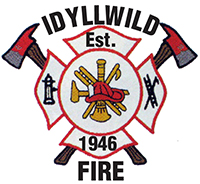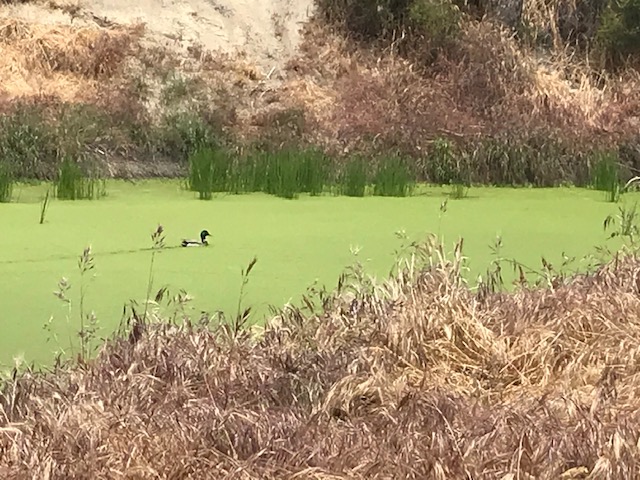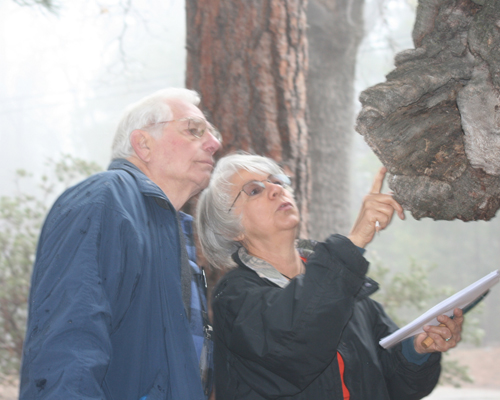Idyllwild Snow Talk group seeks long-term solutions
Idyllwild Snow Talk is a growing group of concerned citizens dedicated to seeking long-term solutions to problems caused by the large influx of recreational snow visitors in a town and area with very limited public recreation space and minimal infrastructure (public parking and public bathrooms.)
Marsha Kennedy, who leads the group, stresses the solutions need to be long-term since this is a scenario likely to repeat each winter after significant snowfalls. The group currently has a Facebook page with 320 members and is developing a web site.
Most of the people currently in the snow talk group live in Fern Valley and Pine Cove. These are higher-elevation communities where snow is both more plentiful and stays longer. That creates, in these exclusively residential areas, an attraction for visitors who don’t understand that the areas are all private homes and land, and that the higher elevations, being more ice-prone, cause dangerous conditions for visitors not snow- and ice-conditioned.
Kennedy said her budding and growing group is currently gathering first-hand information from Idyllwild shops, restaurants, services and inn owners about if and how their businesses have been impacted by the snow recreational visitors. These visitors are not necessarily the same group as winter visitors who come to Idyllwild specifically for the shops, restaurants and inns.
The group is concerned about parking, after significant snowfalls, on residential streets next to berms, that cause cars to block driveways and portions of the roadway, creating dangerous driving conditions. They are also concerned about home-owner liability for trespassing snow visitors. “Our ultimate goal is to involve county, state and federal agencies to help us with solutions.” The group is aware, said Kennedy, that agency resources are limited and that solutions will have to involve residents’ participation. “We are compiling a video that documents traffic congestion and problems we experienced [including trash and other issues],” said Kennedy.
“We are very concerned about property-owner liability for trespassers. California uses a ‘pure comparative negligence standard’ which loosely means that a plaintiff [trespasser] may recover damages even if the plaintiff is 99 percent at fault [for injuries sustained while trespassing or any other cause for which they might sue]. ‘No Trespassing’ signs are helpful, but alone may not be sufficient. The best advice is to talk to a property-owner’s insurance provider regarding what their policy covers.”
One of the snow group members posted, “I asked an attorney friend who said ‘No Trespassing’ signs are important but not sufficient. Example: a child enters the property and gets injured because he or she may not be able to read nor understand the meaning of the words. The law is very unclear as to who is liable, so the recommendations are: have clear signs around the property and most important, have a solid homeowner insurance policy.”
At a recent Mountain Emergency Medical Services Committee meeting, Kennedy asked California Highway Patrol Public Information Officer Darren Meyer about posting of “No Parking” signs on private property. Meyer answered that as long as they are on a property owner’s property and not part of a public easement, it is legal to post them. Kennedy noted signs are available through Amazon.com.
But for longer-term solutions involving posting of county- or state-approved signs, a county ordinance would be necessary, according to Caltrans representatives at the recent MEMSCOMM meeting, including signs to prohibit parking in turnouts or in residential areas during snow emergencies.
The snow group intends to continue to gather information before calling for a larger public meeting. Representatives also will meet with other public agency representatives, including Riverside County Sheriff’s Department, Caltrans, CHP, Riverside County Transportation Department and 3rd District Supervisor Chuck Washington.





